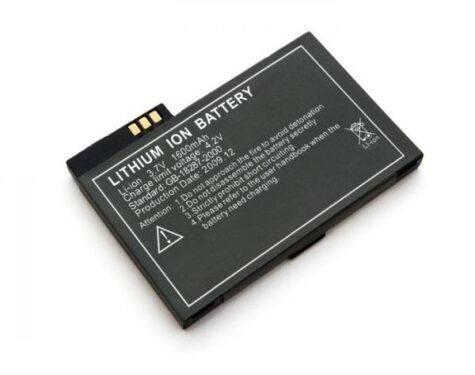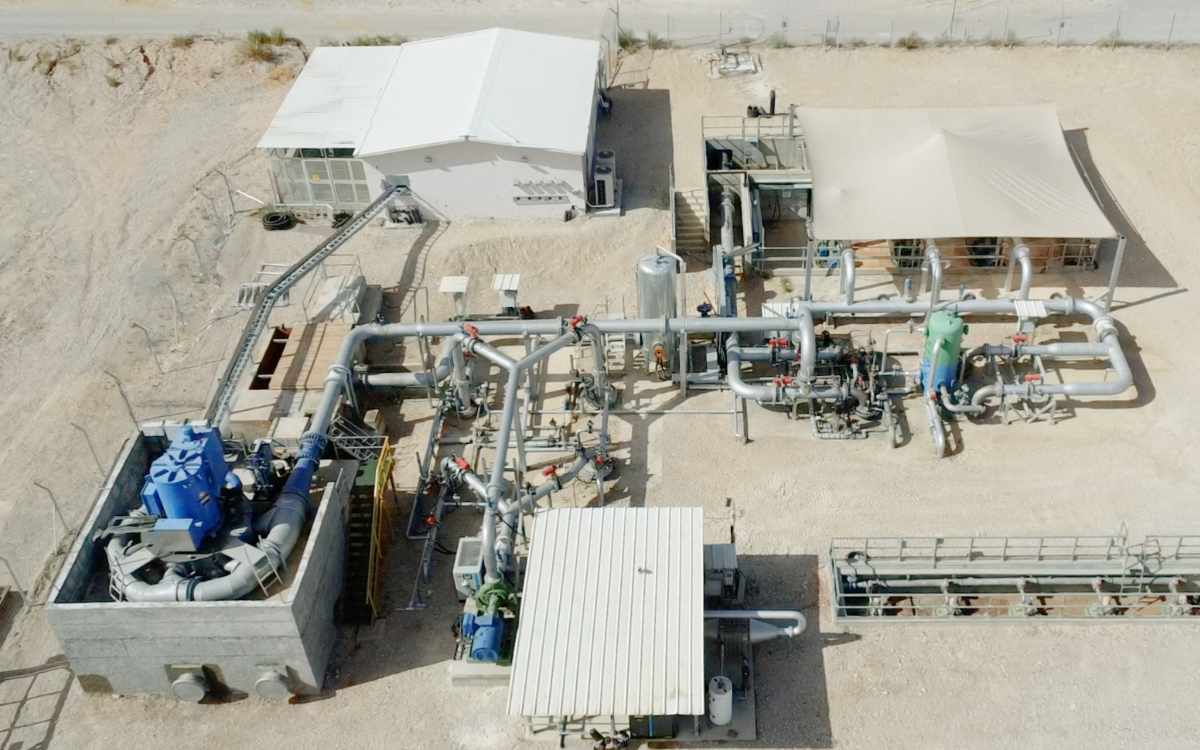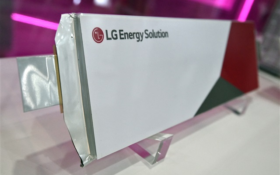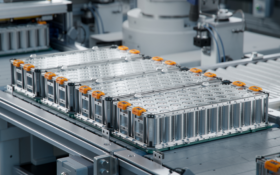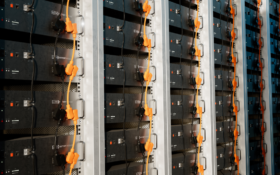Experts are predicting advances in the electric vehicle market will push lithium-ion battery prices down to under $200kW/h by 2020.
The fall in price will be governed by a combination of cost cuts in materials, chemistry and production as well as manufacturing volume—such as that seen with Tesla’s gigafactory.
The holy grail of the industry, the long-awaited price fall, will have a knock-on effect for other applications including energy storage applications, delegates at last week’s Energy Storage Update Europe heard.
Bernaino Ricci, Director of Corporate Strategy and Business development at Samsung SDI, said: “We can easily see 200kW/h by 2020, that’s reasonable. There’s still a lot of room to improve batteries. Bigger plants will also move the price down further.
“We all love Tesla, they are driving the industry and pushing people to do better jobs. We’ve got 800 engineers, 400 with PhDs, working every day to bring down costs, so $150-200kw/h will be possible, if not by 2020 then by 2021.
“It’s just a matter of time, but it’s on the horizon, it’s not 20 years it’s five years.”
According to research firm Lux, lithium-ion battery packs for automotive applications currently sit at around the $300-350kW/h range, depending on cell type. Other estimates put pack prices as high as $500kW/h.
Dr David Blood, Market Manager EMEA for Parker Energy Grid-Tie Divisions, said: “From our own experience using lithium-ion technology we’ve seen significant cost reduction in the past 18 months. We see modules moving to under 200kW/h.”
He added that if batteries were manufactured cheaper, energy storage systems would become more economically advantageous.

